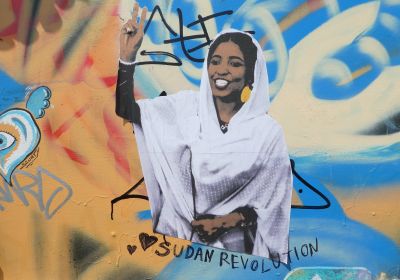
For eight months in 2018-19, Sudan was gripped by an unprecedented mass movement to overthrow the 30-year dictatorship of Omar al-Bashir. Green Left spoke to Khalid Hassan about the achievements of the Sudanese people and the difficult challenges ahead.
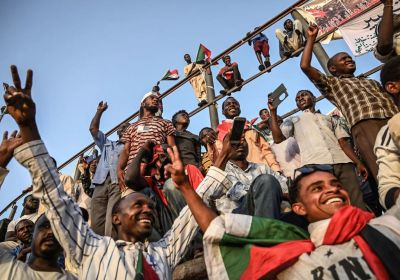
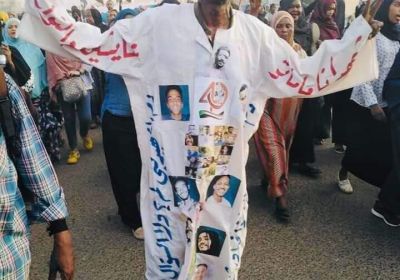
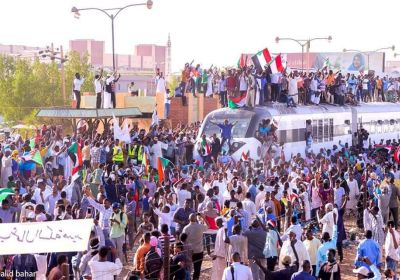
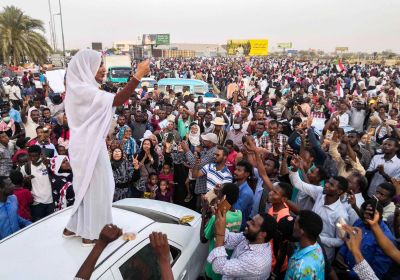
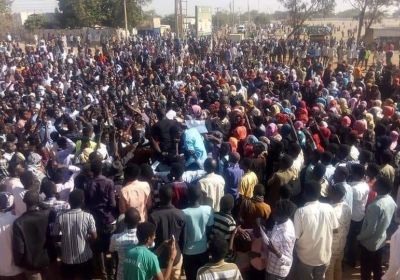
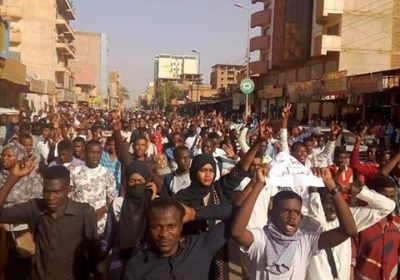
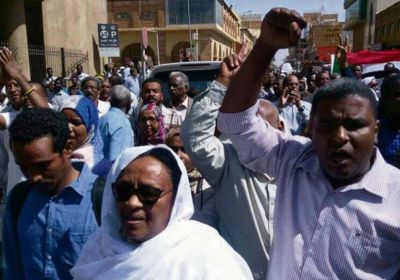
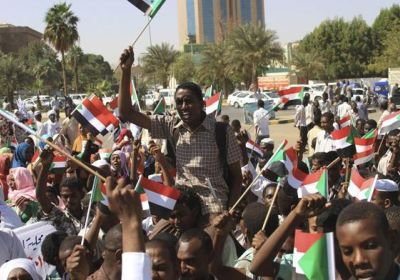
 The
The 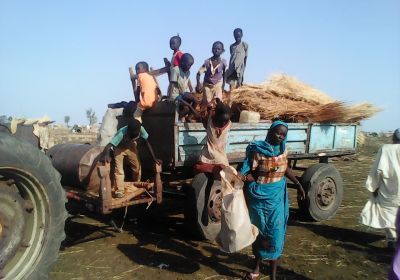
 South Kordofan residents at a makeshift UN camp near Kadugli.
Amnesty International released a report on August 3 detailing horrific war crimes committed against the people of South Kordofan by the Sudanese Armed Forces (SAF) and its militias.
South Kordofan residents at a makeshift UN camp near Kadugli.
Amnesty International released a report on August 3 detailing horrific war crimes committed against the people of South Kordofan by the Sudanese Armed Forces (SAF) and its militias.